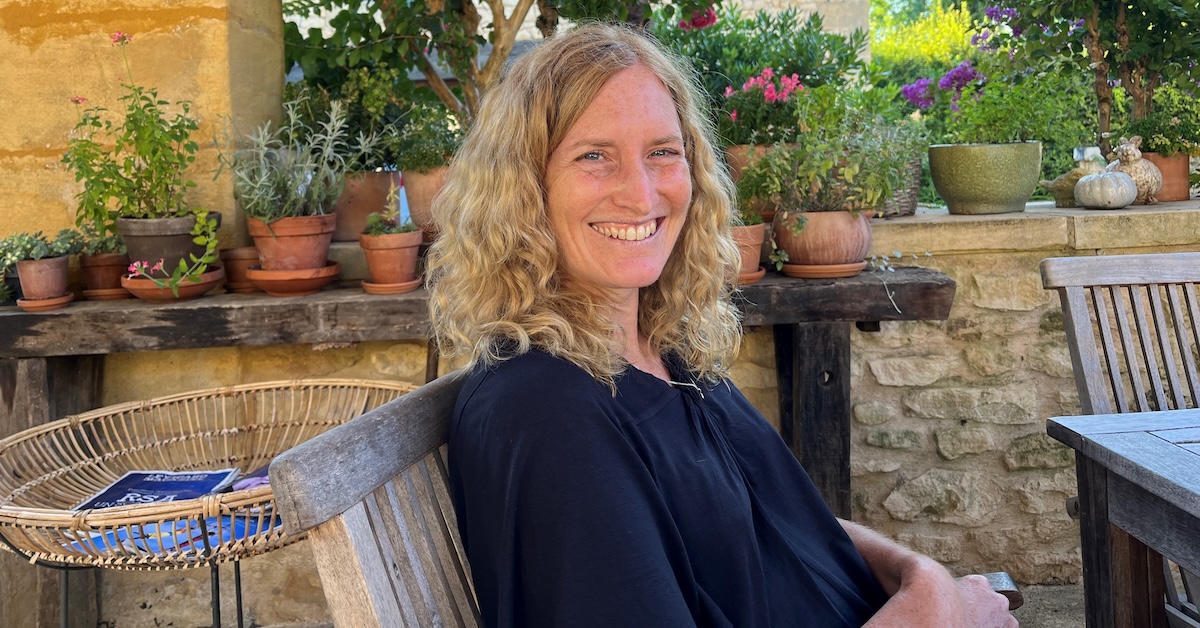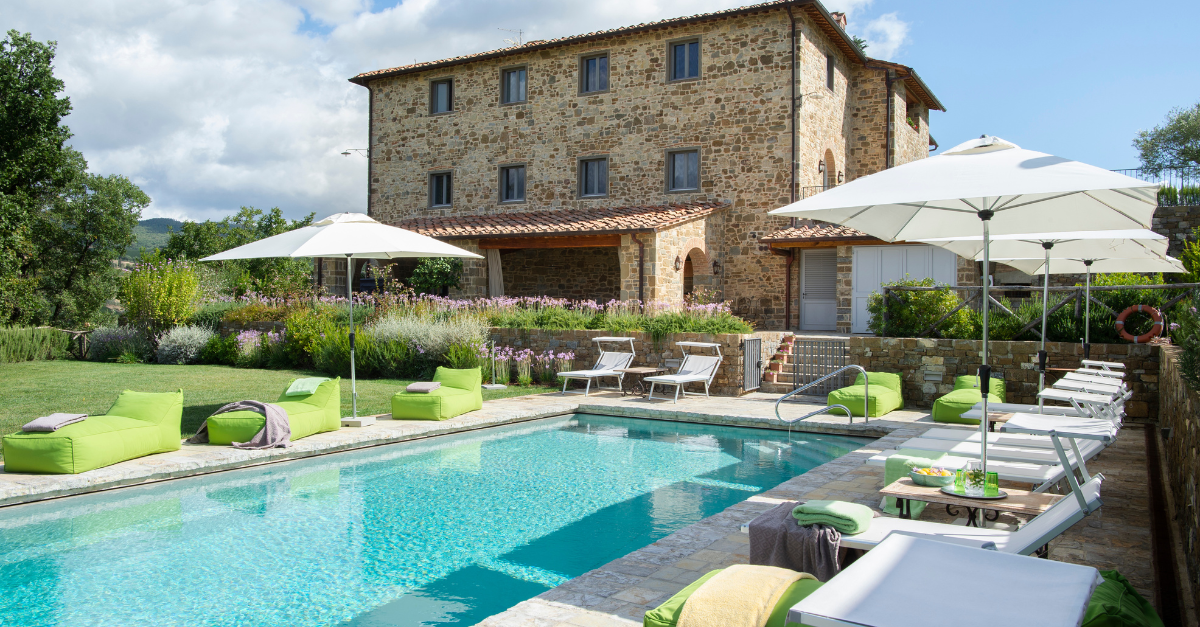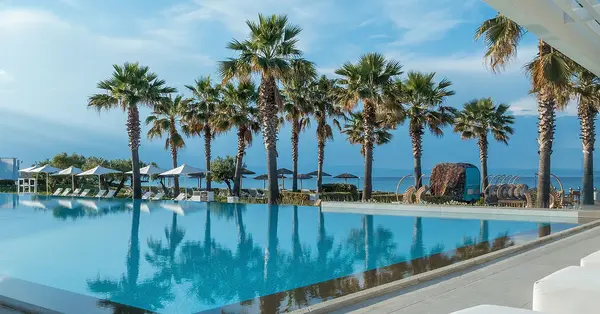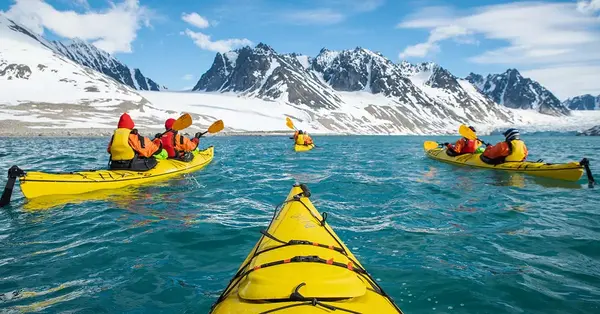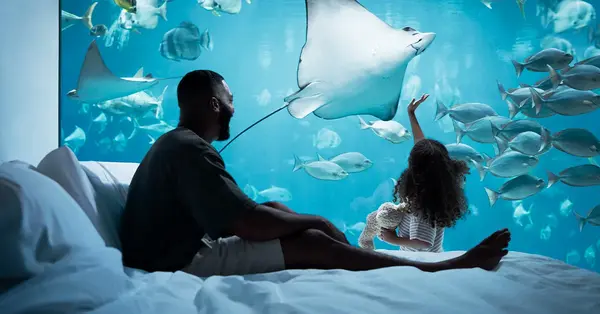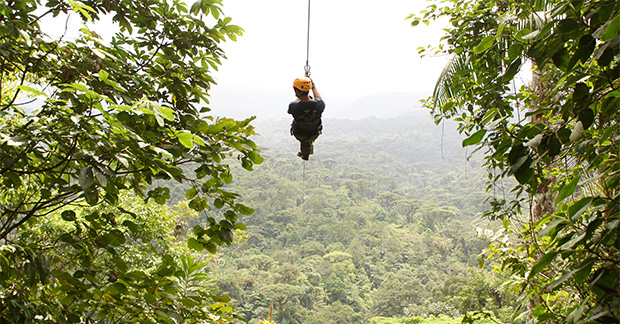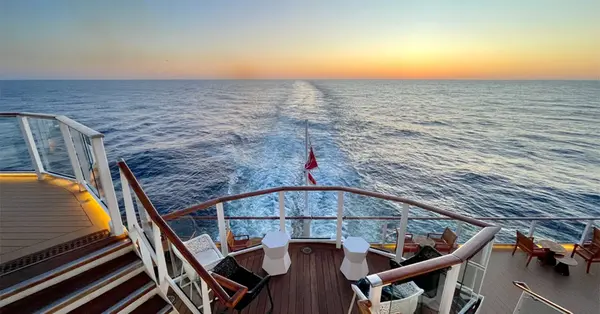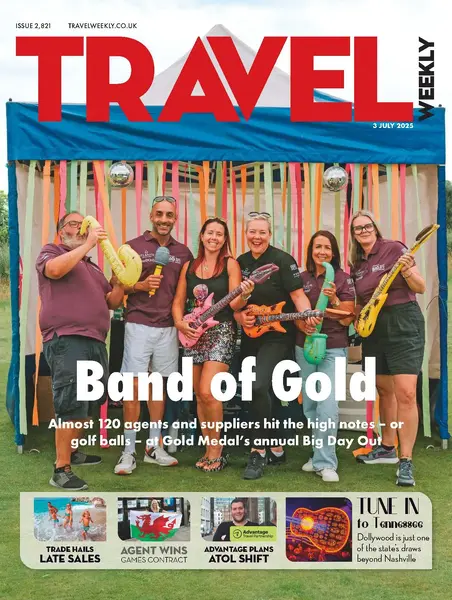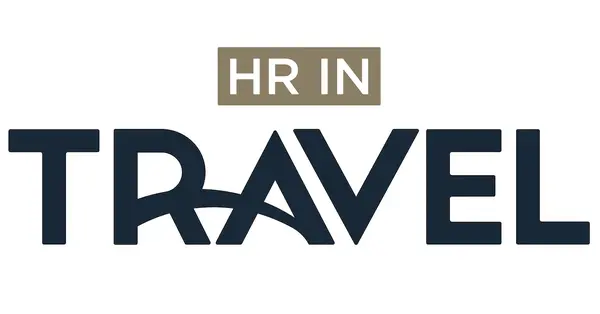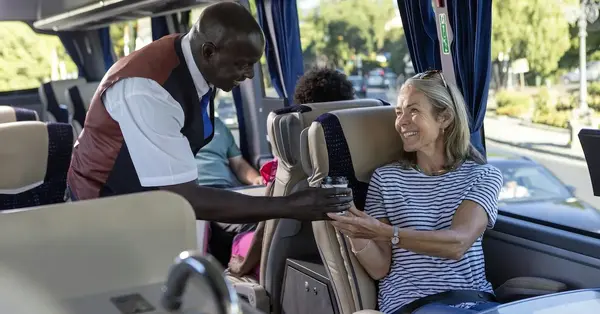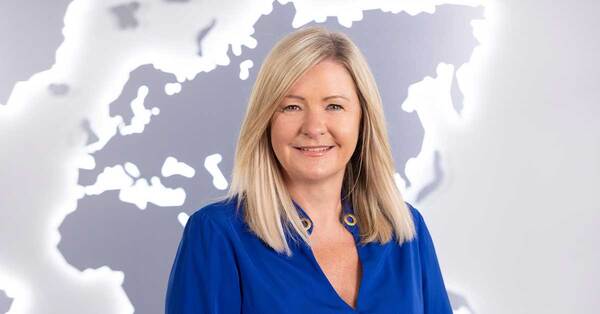You are viewing 1 of your 2 free articles
Comment: Start giving solo travellers the experiences they crave
The data shows obvious growth in solo travel but most travel operators are still set up to service the conventional couple or family holiday. They tolerate solo travellers, one way or another. But this is usually presented as a gracious (and expensive) concession, for which singletons should be immensely grateful.
This is no longer good enough. The travel industry needs to make serious changes to address simple demographic truths. There are more millennials who are happy being single today. Recent data from Tinder shows that 72 % of young Millennials (people between 26 and 41 years old) make a conscious decision to be single because they value their freedom and independence. And any stigmatisation of solo travel is receding quickly. In the USA, 1 in 4 travellers was planning to travel solo at the start of the 2022 season.
Women refuse to be put off solo travel
Women, who have traditionally been reluctant to travel alone for a variety of negative reasons, are increasingly seeking out solo travel adventures. WeRoad’s own research shows that two-thirds (65%) of British women have travelled solo and they’re liking the experience: one in three (31%) say it proved they are more independent than they first thought.
These market research findings are backed up by what’s happening in the market. A leading UK luxury travel specialist recently reported that solo bookings doubled in 2022, with the proportion of women choosing to travel alone up from 30% to 50% of all those bookings.
Adding fuel to the fire is the so-called “revenge travel” phenomenon. Although poorly named (revenge on who, exactly?), it is real. The pandemic normalised remote working and, many reports indicate, greater isolation and loneliness as a result. Travel restrictions generated a deep well of resentment about holidays among many Millennial customers.
Young professionals often feel they deserve relaxation to make up for either the tedium or the excessive demands of work today. There is little doubt people just want to escape following months of movement restrictions and will travel solo if that’s what it takes. Solo trip bookings at another luxury travel specialist, were eight times higher in 2022 than pre-pandemic in 2019.
A broken model
The challenge for the travel industry runs deep. The problem is conventional travel has taken its eye off the ball and lost traction with millennials. This segment is no longer the distant future of the industry, they’ve now reached maturity and are the mainstream. However, they don’t want to carry on replicating what their parents did – resorts, cruises, city breaks – but don’t see their values and needs reflected in many current market offerings.
What do solo travellers want?
If the challenge is severe, potential remedies aren’t that hard to pin down. Since we’ve been in business (2017) our Millennial customers have been telling us, and continue to tell us that they are looking for unique, local, peer-to-peer travel experiences. This suggests that among all the factors that need addressing by travel, the big something that’s missing is community, which is very hard to create within conventional travel models.
In other words, Millennials don’t want “tourism”: they want to go away and experience adventure and friendship. In the digital era, is it too much to ask for a social media-driven community of like-minded people whom travellers regard as companions – not tour guides?
Operators aren’t blind – they can see the generational shifts that are in motion right now. But switching product structure and brand positioning is incredibly difficult. Which means established brands are probably not the ones to be watching for solutions. Those are likely to come from a new breed of fully digital operators who can meet Millennial travellers’ demands with a new fusion of group adventure travel and social media community interaction.


